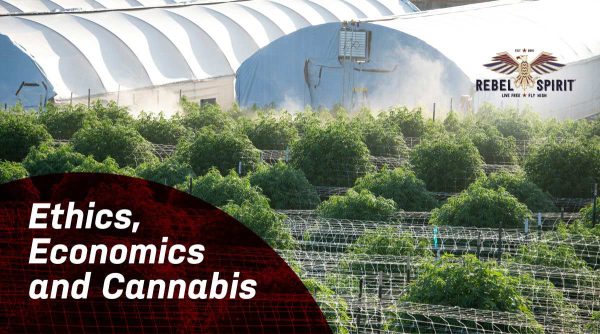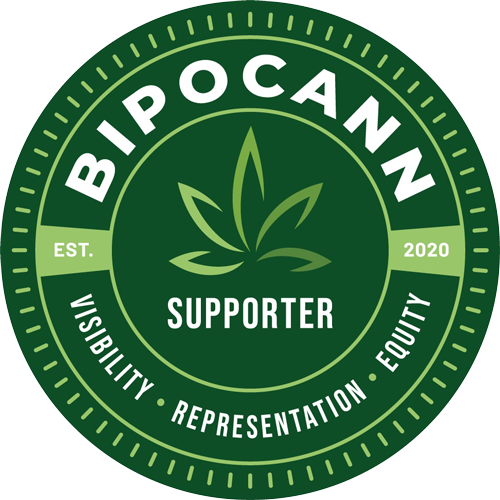 As cannabis legalization gains ground, there is mounting concern that the quality-focused, ethically-conscious cannabis culture—developed during its days underground—is slowly disappearing. Industrial warehouses, stocked to the hilt with pesticides and heavy-duty fertilizers, have already begun to replace the organic mom n’ pop cannabis grows that made the industry what it is today. As companies attempt to overtake competitors by offering the lowest prices, some fear employee wages and environmental concerns will get sacrificed for the sake of the bottom line.
As cannabis legalization gains ground, there is mounting concern that the quality-focused, ethically-conscious cannabis culture—developed during its days underground—is slowly disappearing. Industrial warehouses, stocked to the hilt with pesticides and heavy-duty fertilizers, have already begun to replace the organic mom n’ pop cannabis grows that made the industry what it is today. As companies attempt to overtake competitors by offering the lowest prices, some fear employee wages and environmental concerns will get sacrificed for the sake of the bottom line.
But cannabis is more than just a commodity, and the intimate relationship between the plant and the people who love it serves as its own kind of quality control. Consumers immediately notice when a company cuts corners—sometimes by sight and smell alone. When they go to smoke non-organic, mass-produced cannabis, it can give them headaches, burn their throats, and erode the medicinal effects, not to mention knowing that a company doesn’t respect their employees or the planet is a surefire way to kill a buzz. So when it comes to the business of cannabis, what is the sweet spot between low prices and high quality?
At Rebel Spirit, it’s about striking a delicate balance. We believe high-quality cannabis shouldn’t be a luxury item, so we do what we can to keep costs low. Then again, there are certain principles on which we refuse to compromise. For us, success in business is measured by positive impact as much as it is by profit. Spending money on the things that matter demonstrates to consumers that ours is a brand they can trust, and this approach yields plenty of long-term commercial benefits. When employees are happy and healthy, they work together better and there’s less turnover.
During the pandemic, for example, providing for social distancing at Rebel Spirit meant a costly expansion of the physical space, but it kept operations running smoothly because employees felt safe. Communicating with employees about their needs also helps point to where to cut costs. Rebel Spirit recently invested in an automated pre-roll machine because employees made it clear that if any job were to be automated, this was the one. Other roles in the company offer more fulfilling opportunities than the repetitive chore of hand-rolling joints—and are easier on the wrists.
Of all the company’s values, eco-consciousness is at the top of the list, and this too offers plenty of payoffs. Investing time, money, and energy into organic practices means consumers know Rebel Spirit flower is a product of living soil and a thriving ecosystem. Though mainstream business practices might favor bigger, faster-growing plants that rely on pesticides and chemical fertilizers to bring in bigger profits faster, the cost to the environment and the consumer can be high. Rebel Spirit cultivates its customers as carefully as its plants, knowing that a relationship built on trust lasts longer.
Our commitment to environmental stewardship goes beyond us as individuals—growing organic is about modeling the behavior we know makes a difference. The California cannabis industry can’t survive if the ecosystem that created it is destroyed. If the cannabis industry as a whole takes a lead in regenerating soil to keep it healthy and protecting the ecosystems where the plant thrives, it can set an example for business leaders in other industries. With an ever-escalating climate crisis, these decisions will affect the planet and generations to come.
Ultimately, we believe that a strong moral compass provides a sturdy foundation for any business model. To successfully build a brand around uncompromisingly high standards proves that relentlessly cutting costs is not the only avenue to financial success. Spending money upfront where it counts can be a risk, especially since companies need to grow and expand to survive in a competitive market. But at Rebel Spirit, employees and customers can feel proud to be part of the larger mission—one that is worth investing in.






